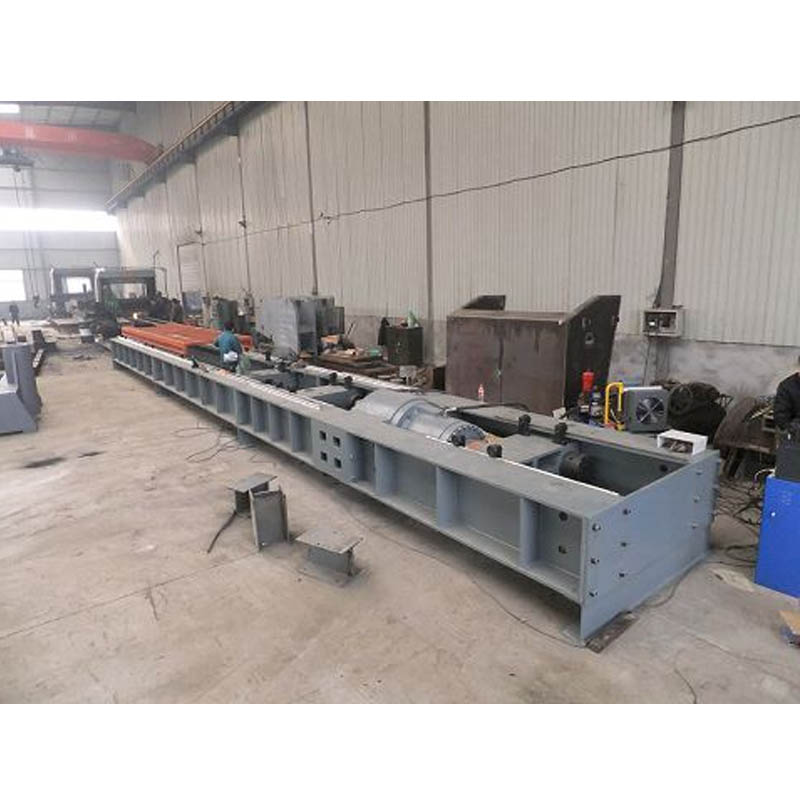Conductor Resistance Tester Supplier | High-Quality Testing Equipment
Understanding Conductor Resistance Testers A Key Tool for Electrical Testing
In the realm of electrical installations and maintenance, ensuring the reliability and safety of electrical connections is paramount. One critical aspect of this assurance is measuring the resistance of electrical conductors. A conductor resistance tester is an indispensable tool used by electrical engineers and technicians to gauge the resistance of conductors, ensuring they are within acceptable limits for efficient operation.
What is a Conductor Resistance Tester?
A conductor resistance tester is an instrument designed to measure the electrical resistance of conductors, such as cables and wires, in a variety of installations. These devices apply a known current to the conductor and measure the voltage drop across it, allowing users to calculate the resistance using Ohm's Law (R = V/I). This testing is crucial because excessive resistance can lead to energy loss, overheating, and ultimately, equipment failure.
Why is Conductive Resistance Testing Important?
Carrying out regular resistance testing on conductors provides several benefits
1. Safety High resistance levels can lead to overheating, creating fire hazards. Regular testing helps maintain safe operating conditions. 2. Efficiency Lower resistance means lower energy loss. Testing ensures that electrical systems operate as efficiently as possible, reducing energy costs and environmental impact. 3. Equipment Longevity Monitoring the resistance of conductors can identify issues before they escalate, preventing damage to essential equipment and extending its lifespan.
4. Compliance Many electrical standards and codes require regular resistance testing. By adhering to these requirements, companies can avoid legal repercussions and ensure their systems meet industry standards.
conductor resistance tester supplier

Choosing a Conductor Resistance Tester Supplier
When looking for a supplier of conductor resistance testers, consider the following factors
- Reliability Choose a supplier known for high-quality, accurate, and durable testing equipment. Reliability is essential to ensure consistent testing results.
- Support and Service A reputable supplier should offer comprehensive customer support and service for maintenance and troubleshooting.
- Calibration and Certification Check if the supplier provides calibration services and ensures that their equipment meets necessary certifications. This guarantees accuracy in measurements, which is crucial for effective testing.
- Range of Products A good supplier should offer a range of products catering to various needs, from basic models for small installations to advanced testers with additional features for complex systems.
Conclusion
In conclusion, conductor resistance testers are vital for the assessment and maintenance of electrical systems. Regular testing of electrical conductors ensures safety, efficiency, and compliance with industry standards. When selecting a supplier, focus on reliability, support, and the range of testing solutions they provide. Investing in quality testing equipment not only enhances safety but also contributes to the overall efficiency and longevity of electrical systems. By prioritizing proper testing procedures, businesses can safeguard their operations and promote a sustainable approach to energy usage.
-
Why the Conductor Resistance Constant Temperature Measurement Machine Redefines Precision
NewsJun.20,2025
-
Reliable Testing Starts Here: Why the High Insulation Resistance Measuring Instrument Is a Must-Have
NewsJun.20,2025
-
Flexible Cable Flexing Test Equipment: The Precision Standard for Cable Durability and Performance Testing
NewsJun.20,2025
-
Digital Measurement Projector: Precision Visualization for Modern Manufacturing
NewsJun.20,2025
-
Computer Control Electronic Tensile Tester: Precision and Power for the Modern Metal Industry
NewsJun.20,2025
-
Cable Spark Tester: Your Ultimate Insulation Assurance for Wire and Cable Testing
NewsJun.20,2025
 Copyright © 2025 Hebei Fangyuan Instrument & Equipment Co.,Ltd. All Rights Reserved. Sitemap | Privacy Policy
Copyright © 2025 Hebei Fangyuan Instrument & Equipment Co.,Ltd. All Rights Reserved. Sitemap | Privacy Policy
